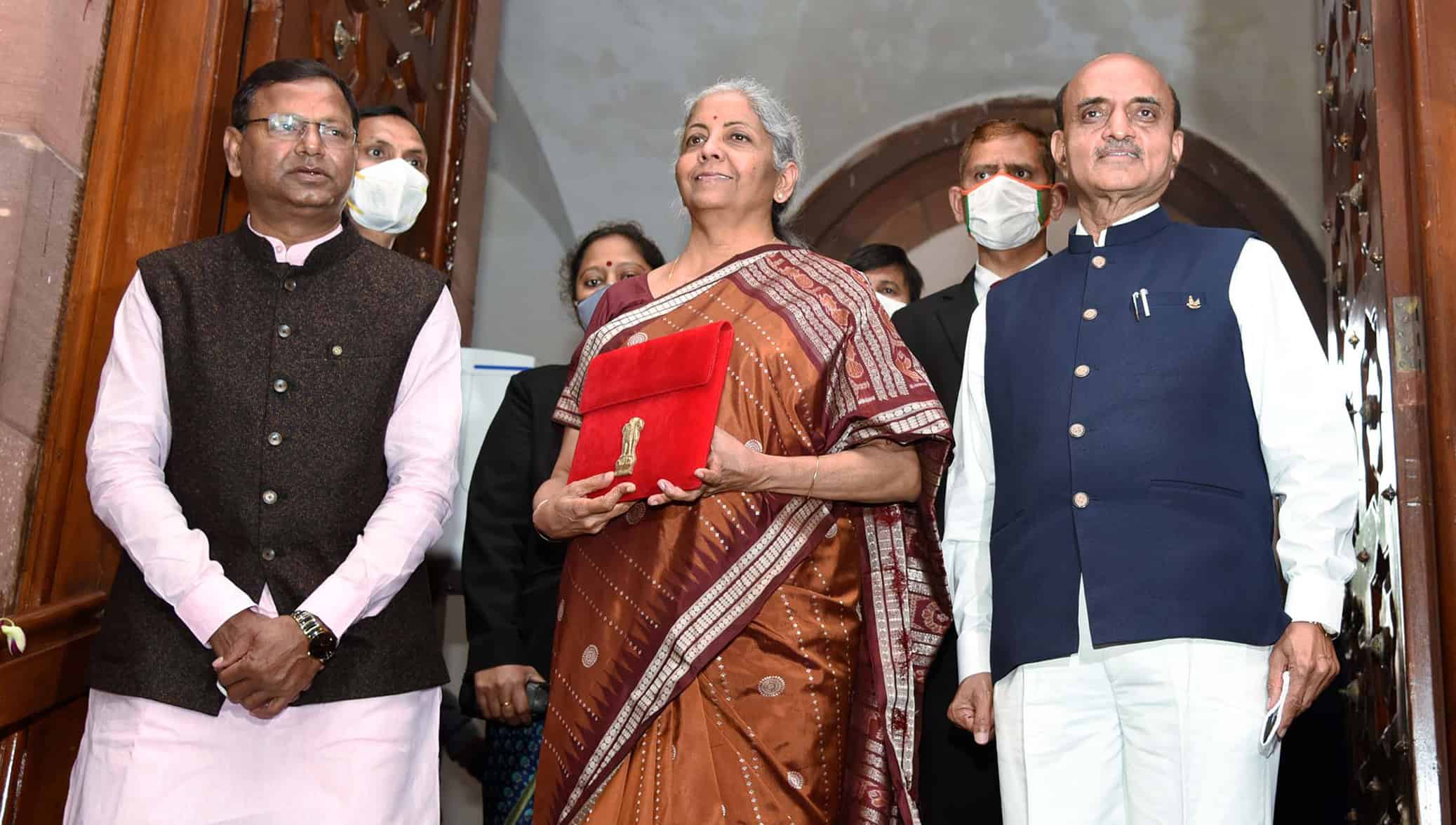India will have its own digital currency starting 2022-23, Finance Minister Nirmala Sitharaman said on Tuesday, February 1, while announcing the country’s budget for the upcoming financial year that begins April 1.
According to an official statement from the Ministry of Finance, the Central Bank Digital Currency (CBDC) would be issued by the Reserve Bank of India, the country’s central bank.
The statement quoted Sitharaman as saying that the CBDC would “give a big boost to digital economy” in the country.
It would also “lead to a more efficient and cheaper currency management system,” she said.
The digital currency is expected to use blockchain and other technologies.
‘Crypto tax’
Sitharaman also introduced a tax on virtual digital assets that has since earned the moniker ‘crypto tax’ on social media and in some news circles.
During her Budget 2022 speech, she said: “Any income from transfer of any virtual digital asset shall be taxed at the rate of 30 percent.”
This came as the country recognized that the magnitude and frequency of transactions in virtual digital assets have “increased phenomenally.”
In a progressive move, #Budget2022 includes provisions for bringing virtual digital assets into the regulatory net. #AtmaNirbharBharatKaBudget pic.twitter.com/oFzPE96hxP
— NSitharamanOffice (@nsitharamanoffc) February 1, 2022
Sitharaman said the scheme would not allow “any deduction in respect of any expenditure or allowance while computing such income except cost of acquisition.”
She also said loss from transfer of virtual digital asset cannot be set off against any other income.
In order to capture the transaction details, the Central government is expected to make a provision to provide for tax deducted at sources (TDS) on payment made in relation to the transfer of any virtual digital asset at the rate of 1 percent of such consideration.
The TDS will apparently be triggered only above a certain monetary threshold.
The minister also proposed a tax on the gifting of a virtual digital asset, with the recipient making the tax payment.
Social media platforms were immediately agog with speculation on whether India had just recognized all cryptocurrencies like bitcoin, and was effectively taxing them.
The Ministry of Finance is also not clear on whether this tax would be levied on the buying and selling of non-fungible tokens (NFTs) as well.







